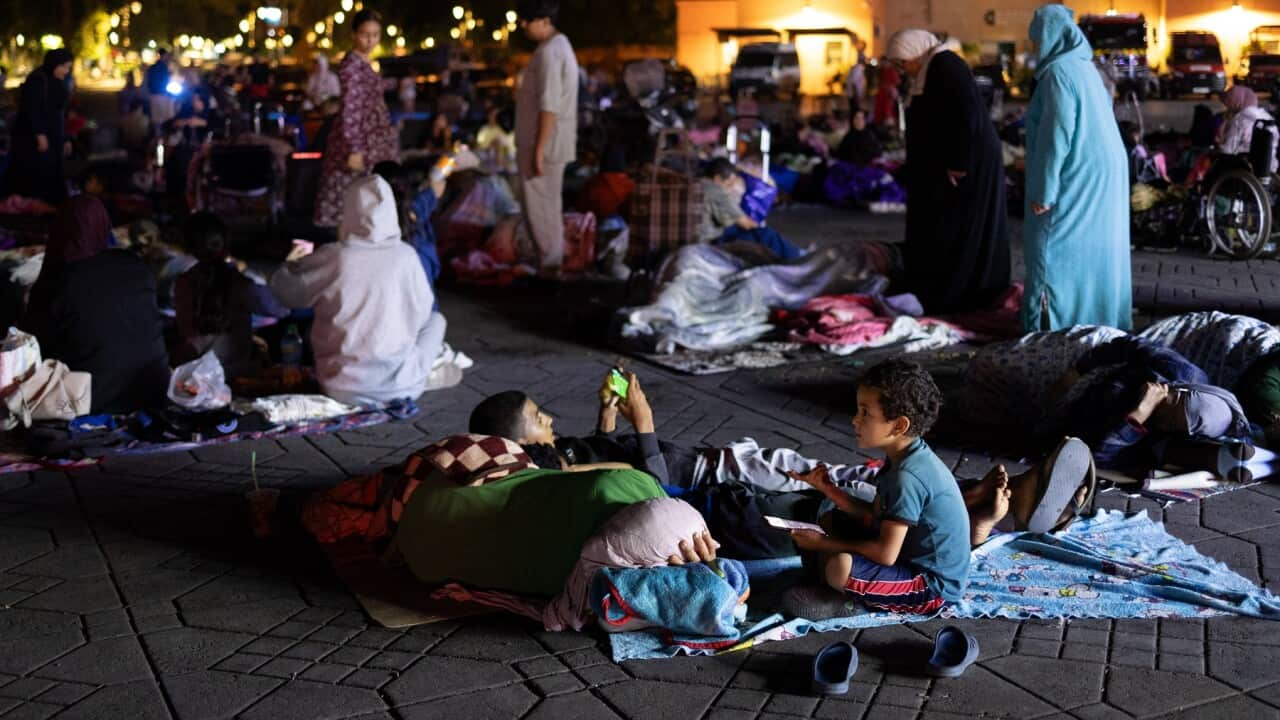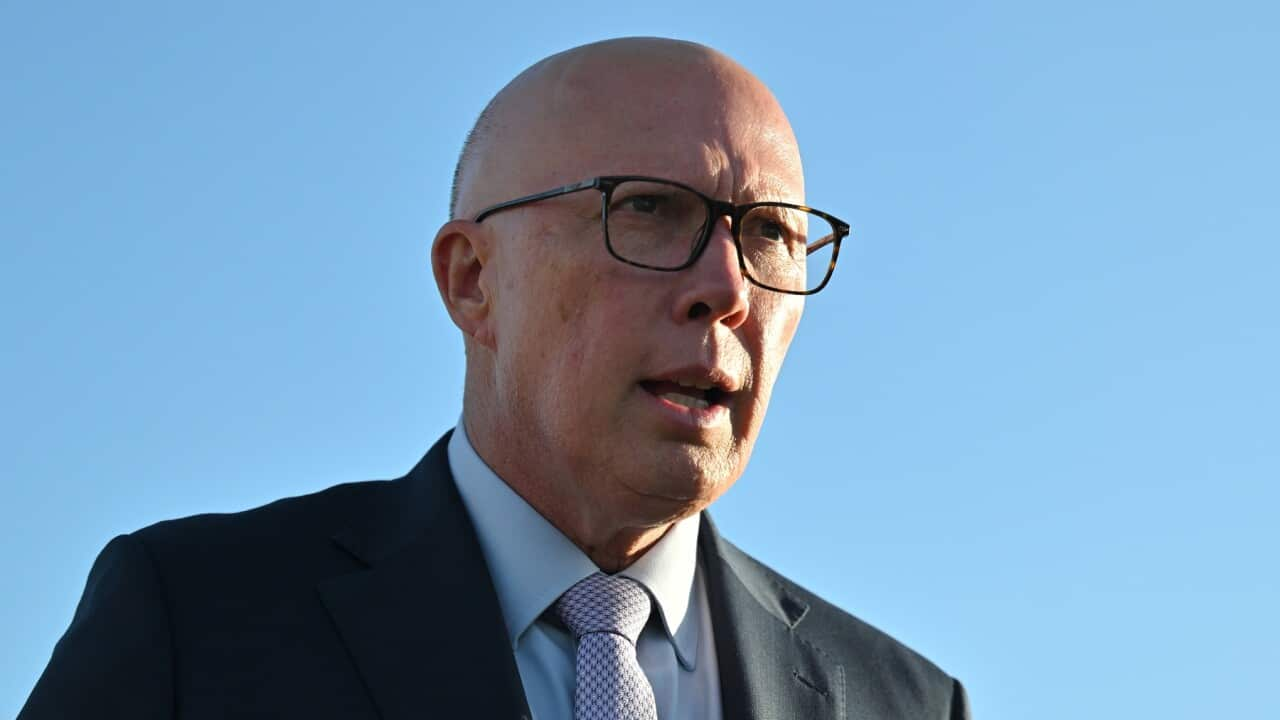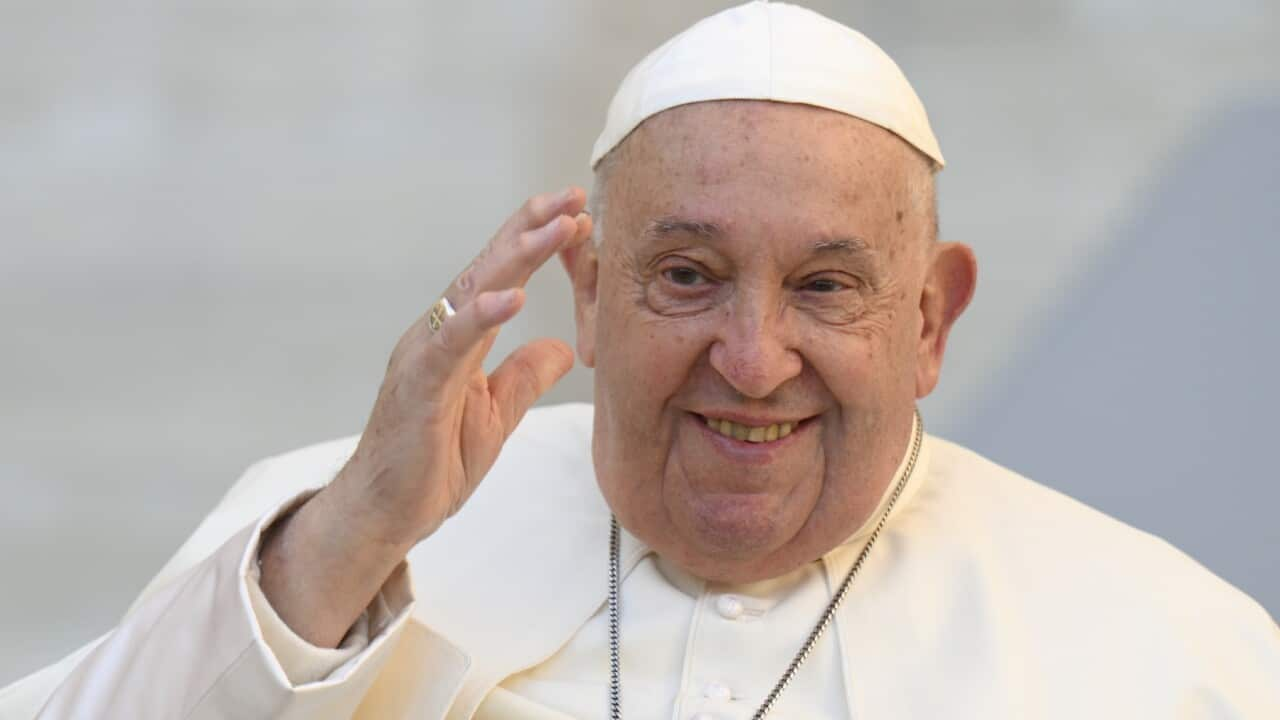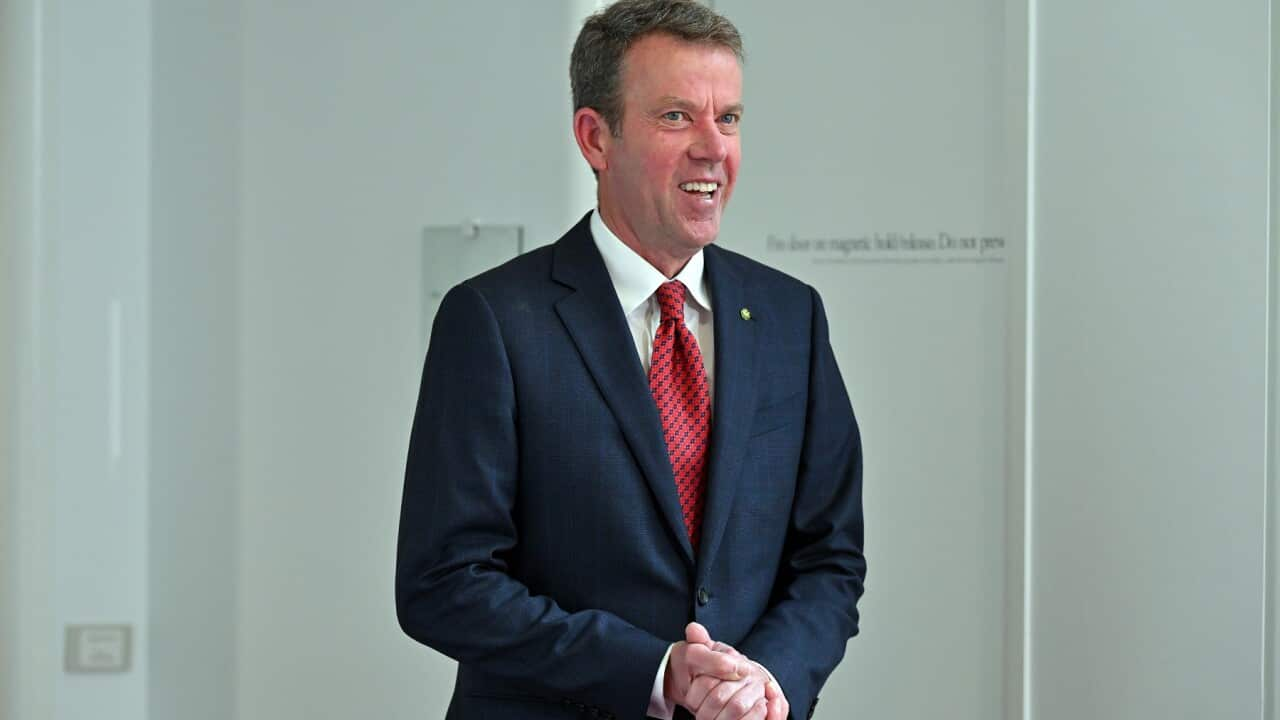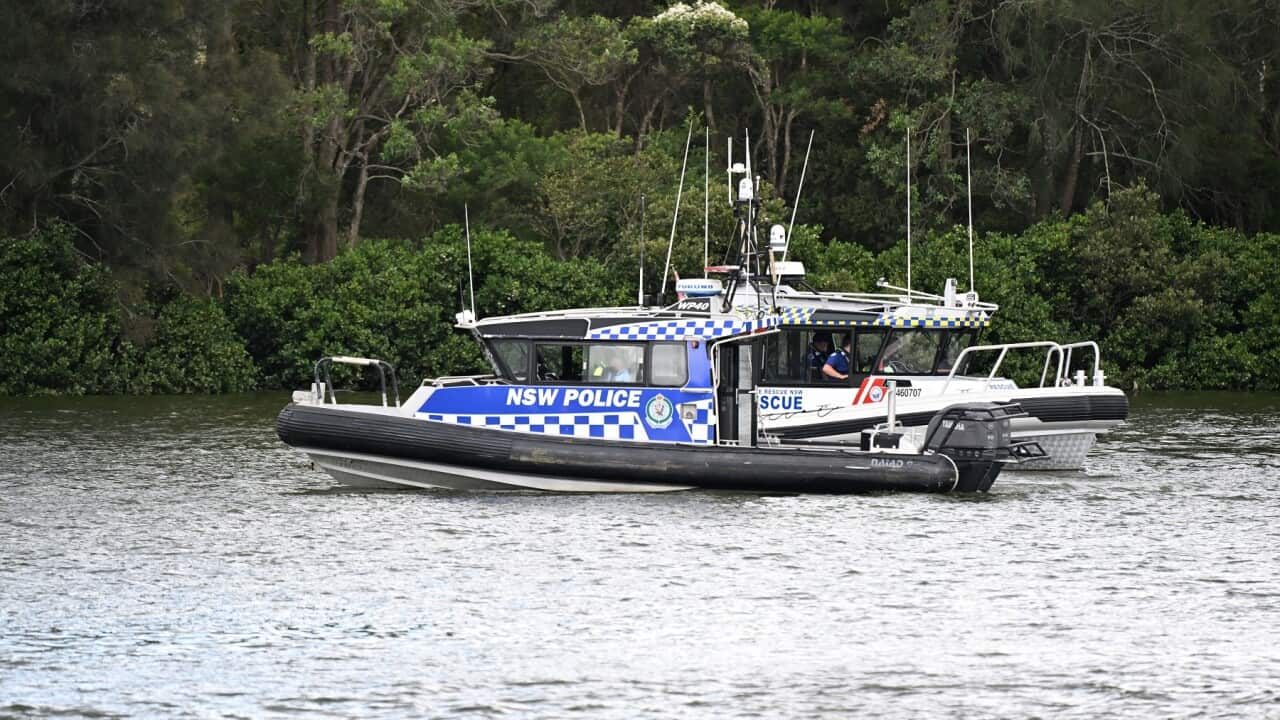TRANSCRIPT:
BIWA KWAN: What do we understand about some of the damage and the death toll? Obviously, it's an emerging picture.
.
ALICE HALL: Yeah, it is an emerging picture. You just have been working in Morocco for many years. And we're really relieved to hear that all of our staff there are safe and accounted for almost 400,000 people, including children live in a small radius around the epicentre, and there's debris blocking roads, rescuers struggling to reach remote villages and provide urgent assistance. So it's very much an emerging picture at the moment.
.
BIWA KWAN: In terms of the area that's been hit, we understand that, you know, some of them are remote areas, it will be hard to kind of get immediate information from that there's been a UNESCO protected old city that may have experienced less loss of life, but certainly buildings have been impacted. And certainly the Aarhus province, if I'm pronouncing that correctly, has had the highest death toll. What do we know about just the geography and the terrain, there in terms of logistics of how UNICEF approaches getting into that area?
.
ALICE HALL: Sure. Look, as soon as you get remote and mountainous areas affected by an emergency such as this, access becomes incredibly difficult. So we are assessing the situation and standing by to support the government with whatever it needs. But we know that in an emergency, such as this, there's both the immediate health and survival needs that families and children have, but also that sort of ongoing needs such as access to health, such as access to clean water, shelter, and emergency food and goods. So what's most important is to make sure that communities can access those basic needs while we assess the ongoing situation.
.
BIWA KWAN: In terms of the last time Morocco experienced a deadly earthquake, I'm reading that it's last time it was 12,000. In 1960. From UNICEF's perspective, is this earthquake prone area, something that has been on the radar, or was this late news of what's been happening here? A bit of a surprise.
.
ALICE HALL: UNICEF is always ready to respond in emergency. We have operated in Morocco for many, many decades. And we prepare for any kind of emergency that may strike. So our teams are ready to go and ready to assist as needed.
.
BIWA KWAN: And in terms of King Mohammed, he he's chairing an emergency meeting. He's visiting affected areas, but in terms of the kind of process that needs to take place before the international aid can go through, he has yet to kind of give the go ahead for that at this stage. He's kind of set armed forces deployed, call out for donations of blood, but in terms of getting that tick of approval of getting the internet international aid to come through that has yet to come through UNICEF, from the UNICEF perspective. You waiting to hear word for that and ready to deploy as soon as you get word that you can mobilise?
.
ALICE HALL: Absolutely, you know, we're in close conversation with the government to understand how we can support and we'll be ready at any time if they need our assistance.
.
BIWA KWAN: In terms of what you're hearing, there, you said 4000 children in the region. Do you think you have the logistics to kind of swing into quick action there?
.
ALICE HALL: Yeah, absolutely. So UNICEF is operational in more than 190 countries around the world. And through our immense logistics capacity, including the world's largest humanitarian warehouse in Copenhagen, were able to deliver supplies anywhere in the world within 72 hours. So we stand ready to provide whatever assistance is needed.
.
BIWA KWAN: And generally, the needs of the children and the families in this type of situation - what are those needs?
.
ALICE HALL: So there's the sort of most immediate and obvious needs such as shelter, health care, access to food and nutrition, but it's also essential that children have access to safe spaces to play and recover from what they've experienced, because we know that restoring a sense of normalcy as quickly as possible is critical to the recovery.
.
BIWA KWAN: And in terms of recovery. I know it's probably a bit too soon to think about that we're still in the mediate grip of warnings of aftershocks and the like. But do we have a sense of whether this area has the type of resiliency and pre planning to to come back from this on the other side sooner rather than later?
.
ALICE HALL: Yeah, communities are incredibly resilient to emergencies such as this, but what we've learned from previous earthquakes, including this year, is that recovery can be a very long and slow process, particularly when you see significant infrastructure damage. So it will be an case of not just meeting the immediate needs, but assessing what that ongoing response is going to look like to make sure communities can recover well.
.
BIWA KWAN: And like I say, it's not one that we often hear Morocco in, in the news for that, you know, terrible news like this. Any any thoughts on how we can better prepare? If there is another situation? Earthquakes, natural disasters and the like, considering the climate change intensity environment we're currently living in?
.
ALICE HALL: Yeah, absolutely. We are starting to see more and more frequent and intense natural disasters. And so what's really essential is that we're constantly assessing the context of different countries in which we work in and their unique and individual needs. That will allow us to put in place all of the preparedness activities, preposition supplies, and also provide the training and support to communities and partners so that when something like this does happen, we're ready to go.
